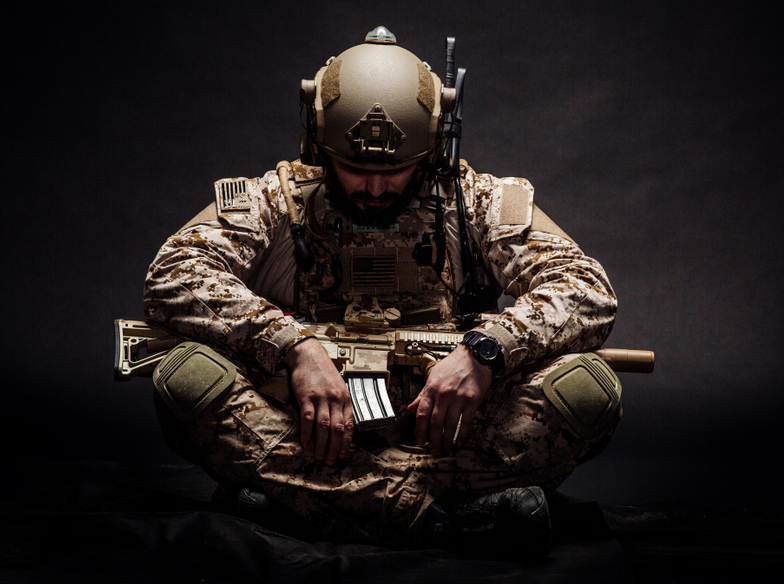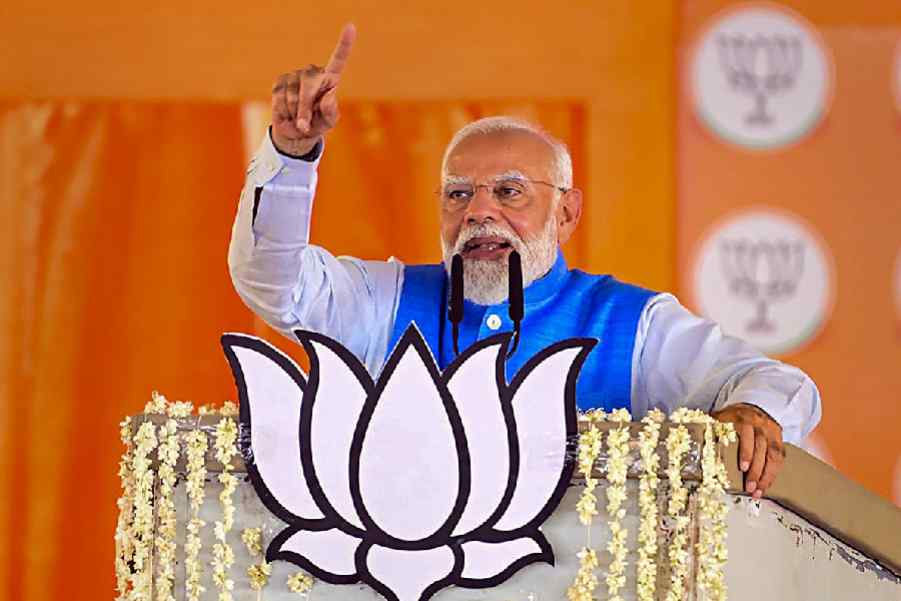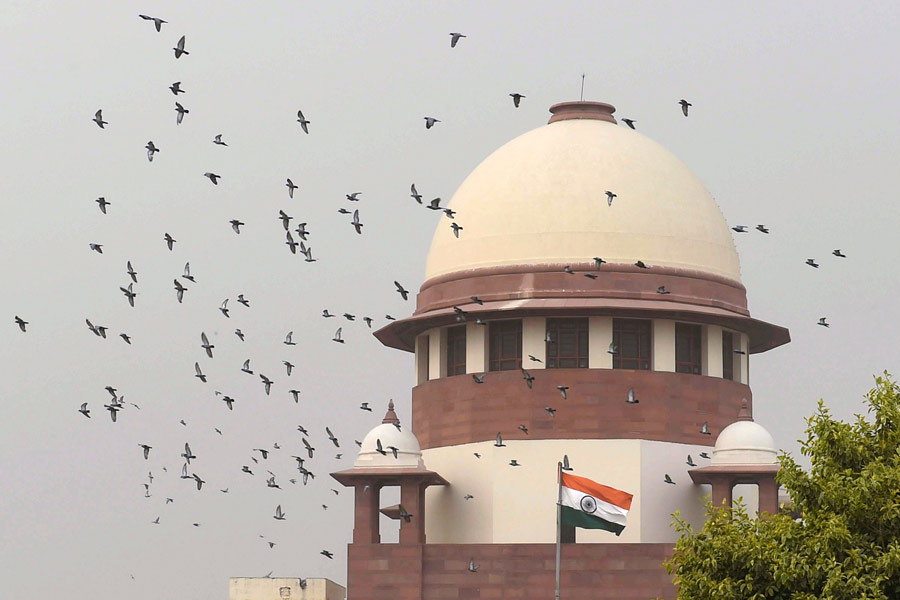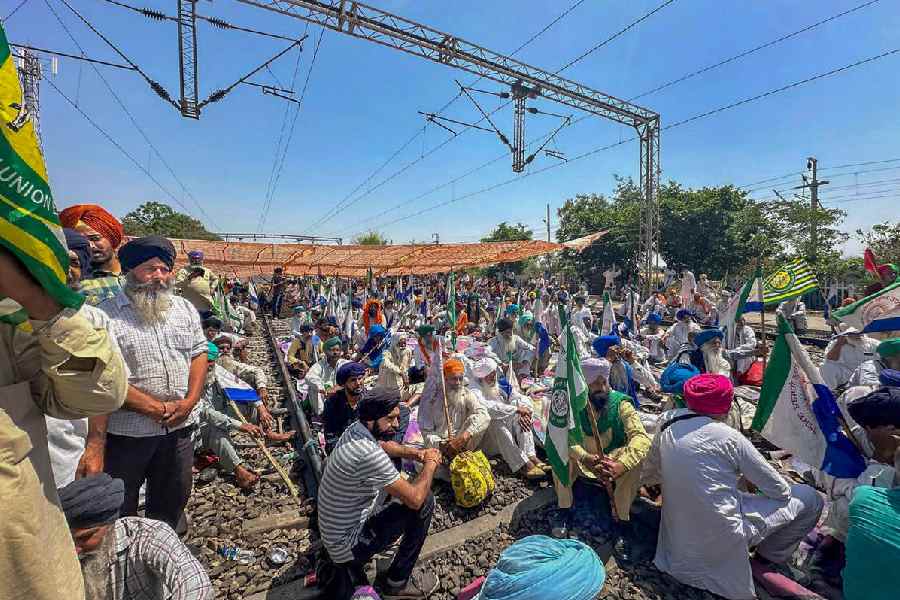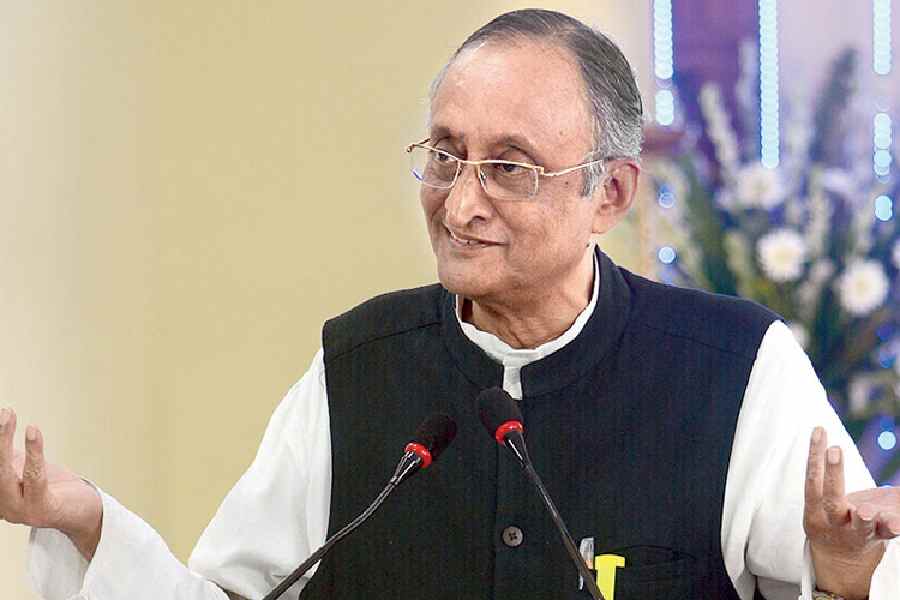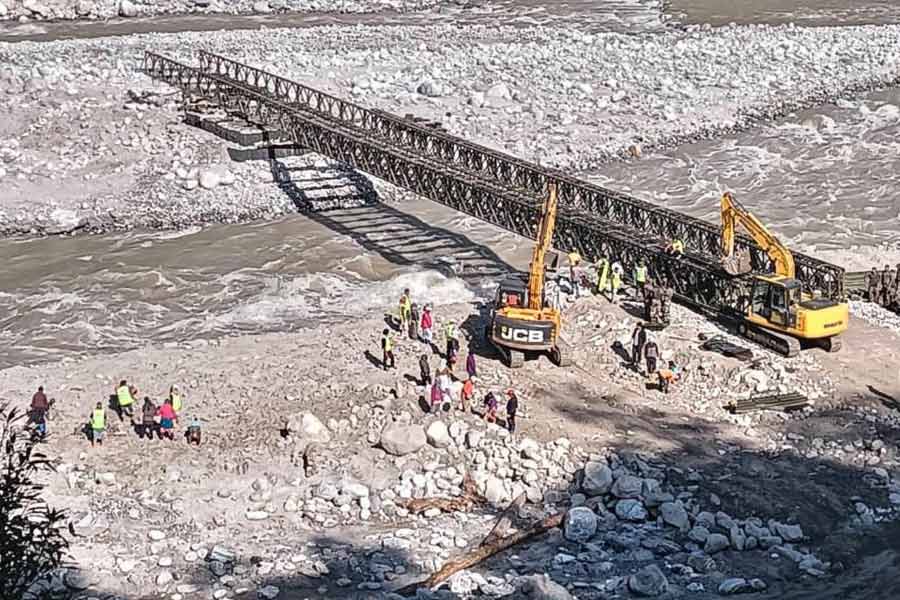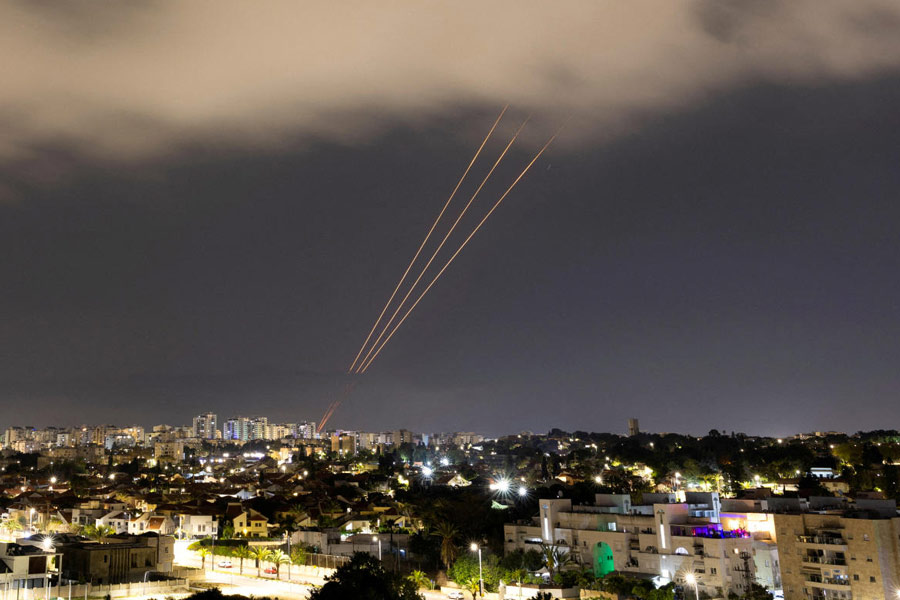Military personnel (like Abhinandan Varthaman) are subjected to severe stress when they go on missions, especially if there is an adverse result. All over the world, many soldiers return with psychological scars, often diagnosed as Post Traumatic Stress Disorder, a severe mental condition. It affects 3.5 per cent of military personnel
PTSD can also affect civilians victims of brutality, rape, accident or crime. Even witnessing an assault or robbery can precipitate symptoms. Such trauma produces reactions of fear, anger and shock. In most people the symptoms fade away with time but in PTSD, the symptoms persist for more than a month, become stronger over time and prevent the person from leading a normal life.
The incident keeps producing recall and nightmares. Dates, times and situations may produce flashbacks of the event. The person may avoid people or places that remind them of the event and this may lead to isolation. The person may have outbursts of uncontrollable anger and disturbed sleep. There may be physical symptoms like high blood pressure, palpitations vomiting and diarrhoea. Toilet-trained children may start bedwetting again.
Antidepressant medication is the mainstay of therapy for PTSD. The particular drug used depends on the predominant symptom — anxiety, insomnia or palpitations. Medication works best when it is combined with psychotherapy. The person can be trained to control and change the thought patterns that give rise to the symptoms. The family also needs to be counselled. If they are not empathetic, they might just tell the person to “get over it”. Whether it is a death of a loved one or a traumatic event “'getting over it” is often not an option without help.
Recovery from PTSD is a gradual and ongoing process. The symptoms disappear completely but treatment can help reduce them and help sufferers learn to cope. Treatment has to be individualised as not everyone responds the same way.
Regular exercise, a disciplined life, avoiding alcohol and doing yoga, meditation and tai chi will all help sustain recovery.
The writer is a paediatrician with a family practice at Vellore and author of Staying Healthy in Modern India.
If you have any questions on health issues, please write to yourhealthgm@yahoo.co.in

